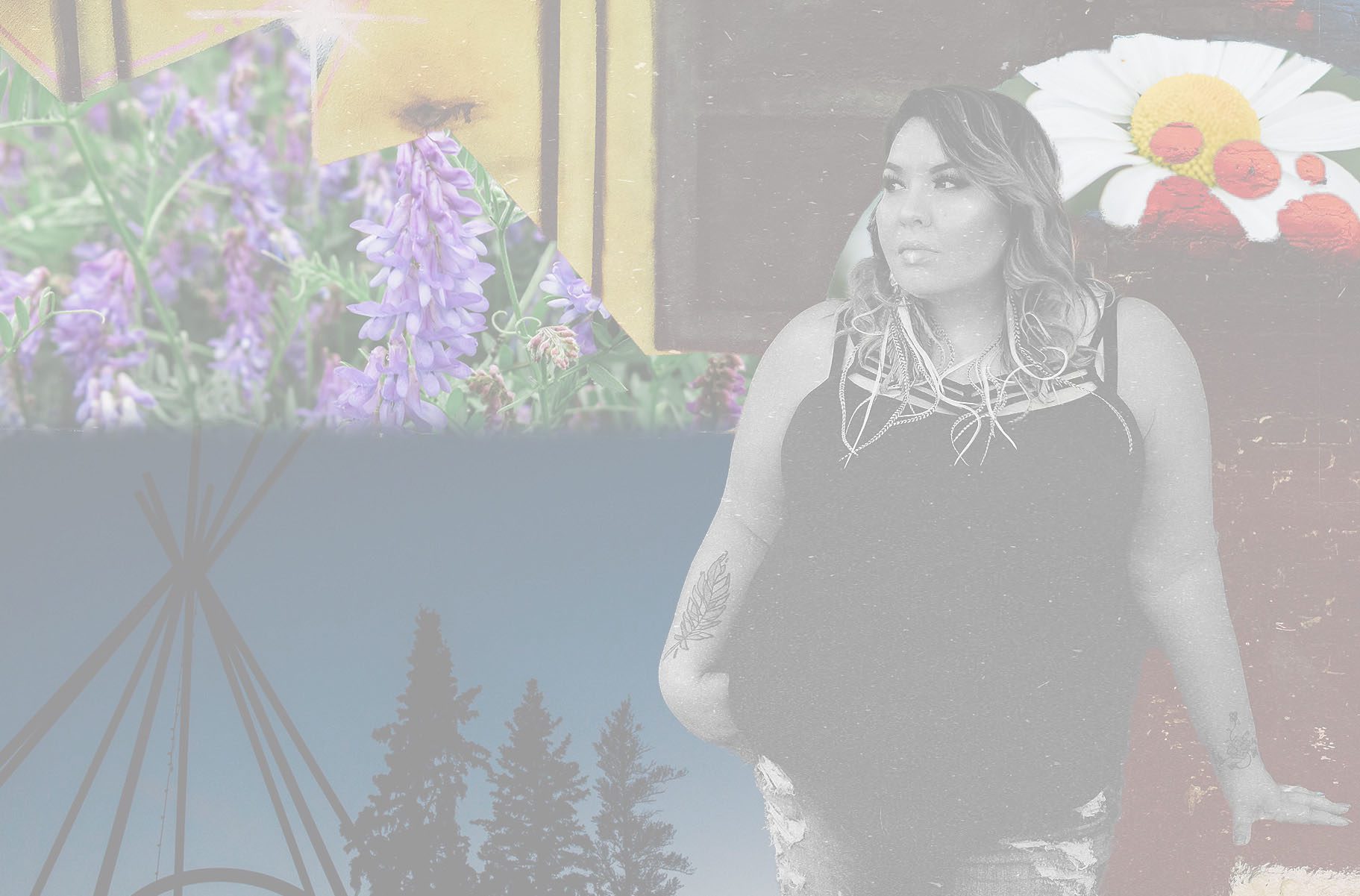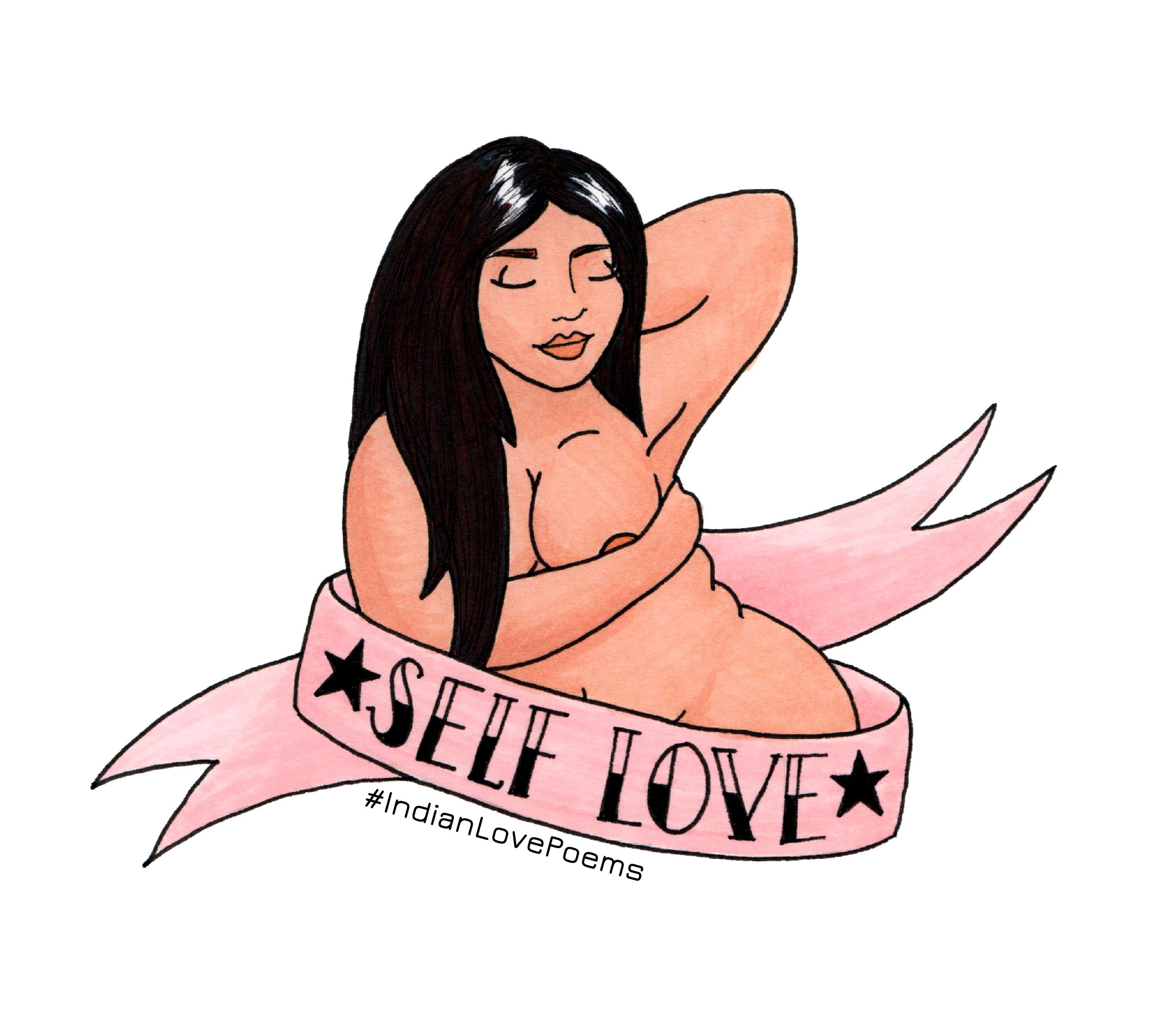
From the website: “The scholarship may be grouped into three broad areas: oral traditions and knowledge of the environment, economy, education and/or health of communities; oral traditions and continuance of language and culture; and the effects of intellectual property rights, electronic media and public discourse on oral traditions.”
Quotable:
- “…searching for collective knowledge in that the Elders would serve as mnemonic pegs to each other” (2)
- “I cannot find any difference or reason why there should be a differed between oran tradition and oral history” (3)
- “This privileged position, of seeing without being seen, is the role that collector/editors historically have taken: they have obscured their part while maintaining control over the framing devices of the recordings” (100)
- “Her work show that recording technologies are, above all, relationships between people that can be re-negotiated and turned around and unsettled in various ways” (111)
get the book: Aboriginal Oral Traditions – Hulan & Eigenbrod


